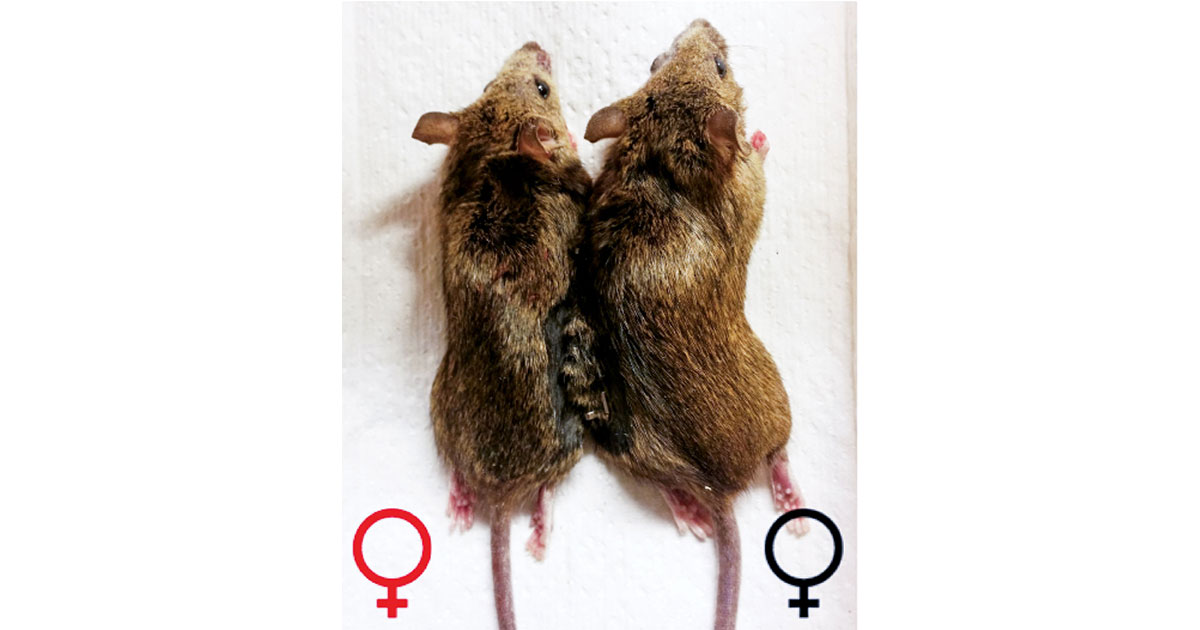Advertisement
Grab your lab coat. Let's get started
Welcome!
Welcome!
Create an account below to get 6 C&EN articles per month, receive newsletters and more - all free.
It seems this is your first time logging in online. Please enter the following information to continue.
As an ACS member you automatically get access to this site. All we need is few more details to create your reading experience.
Not you? Sign in with a different account.
Not you? Sign in with a different account.
ERROR 1
ERROR 1
ERROR 2
ERROR 2
ERROR 2
ERROR 2
ERROR 2
Password and Confirm password must match.
If you have an ACS member number, please enter it here so we can link this account to your membership. (optional)
ERROR 2
ACS values your privacy. By submitting your information, you are gaining access to C&EN and subscribing to our weekly newsletter. We use the information you provide to make your reading experience better, and we will never sell your data to third party members.
Biological Chemistry
Antibiotic Boosts RNA Interference
July 28, 2008
| A version of this story appeared in
Volume 86, Issue 30
An FDA-approved antibiotic makes the gene-silencing technique known as RNA interference (RNAi) more effective in the laboratory, according to a new report (Nat. Biotechnol., DOI: 10.1038/nbt.1481). The small-molecule RNAi booster, a fluoroquinolone antimicrobial called enoxacin, may help scientists learn more about how RNAi machinery works. A multi-institution team led by Peng Jin of Emory University discovered this trait of enoxacin by using a cell-based assay that can detect enhancers and inhibitors of gene silencing. RNAi enhancement is not a general property of fluoroquinolones, the authors write, since most other variants had little to no effect on gene silencing. They propose that enoxacin works by facilitating the interaction between specialized RNAs and a part of the protein complex involved in silencing. Outside experts say that enoxacin could theoretically lower the needed doses of therapeutic RNAs, thereby reducing the chance of side effects, but they emphasize that more work is needed to verify that possibility. Emory has licensed the technology to Effigene Pharmaceuticals, an Atlanta-based company cofounded by Jin that focuses on RNAi technology for studying and treating diseases.





Join the conversation
Contact the reporter
Submit a Letter to the Editor for publication
Engage with us on Twitter